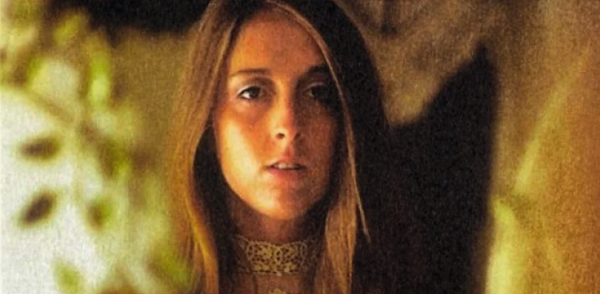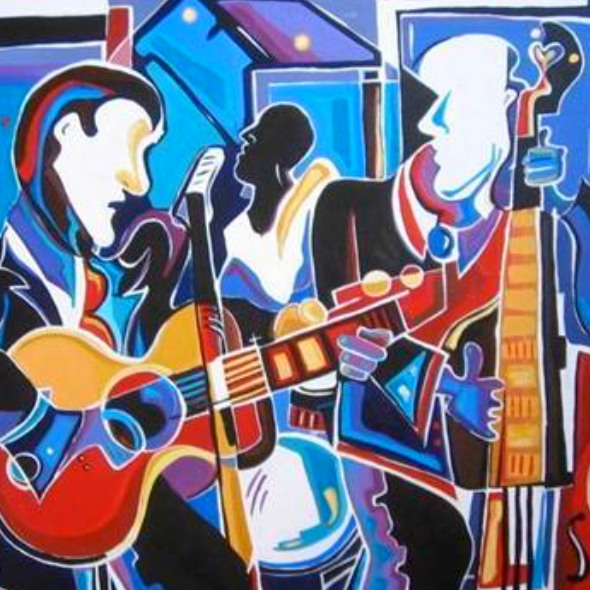THIS WEEK’S MUSE
JUDEE SILL, MUSICIAN

The story of American singer and musician Judee Sill is one of family abuse, drugs, prostitution, petty crime, physical pain, jail, and untimely death. Yet, within this personal struggle, her story is also one of beautiful music and remarkable songs.
Born in 1944, Sill grew up in and around Los Angeles. “There was violence all the time,” Sill said, taking about her home life, adding “I always had scars on my knuckles.” She left home at 15 years old and started a search for a better, or at least different future.
On release from jail in the late 1960s, Sill turned to music as an alternative escape from drugs and crime. She had always dabbled in music—spending time in her father’s bar playing piano, and in reform school playing as the church organist, learning “all my gospel licks”—so it was a natural step.
“I came to some important inner realizations, trying to make the laws of nature work for me instead of against me. I felt instinctively that it was my duty to throw myself into [music] all the way, so I did.”
Her first musical success, selling a song The Turtles for their next single, was timely. At the time she was “living in a car with five other people.” In 1971, she signed to the newly formed Asylum Records, and her two albums followed in the next two years. The future looked bright.
Listen to Sill’s songs today and they sound bewitching, her live performances captivating and emotional. Her untrained, natural vocals swell and swoop around the piano or guitar, the string section, or her own harmonies, rooting her songs in the ethereal.
Her use of unusual chords cements the otherworldliness. She had a gift for making very complicated things sound simple and beautiful—her range of styles dazzling and inventive.
Lyrically she takes a step further, using the religious language of rapture and ‘end of days’ to express redemption, a quest for a higher meaning, or a search for a personal future.
While her sublime music and exquisite voice naturally transport the listener, her words are challenging, making it hard to ground a meaning. Contemporary themes of love and loss can be found, but tied up in Biblical imagery, allegory, and symbolism, finding the relatable and familiar was much harder than in contemporaries like Joni Mitchell or Carole King.
After a series of car accidents and failed surgery for a painful back injury, Sill struggled with drug addiction and drifted away from music. A third album had been largely recorded but she was dropped by Asylum as “uncommercial and unmarketable” before it was finished. Her two albums had poorly sold and when she died in 1979, outside of her immediate circle, no one noticed.
It’s hard not to read her story as the subject of an old folk ballad, and harder still to separate the tragedy of her life from the art of her music. But maybe that’s a futile act. Her music, like her life, was complex and challenging, and separating the two is unhelpful and unnecessary.
Her niece Donna Disparti called her a “kind and talented person who made some bad decisions.” Perhaps Sill sums up that dichotomy best herself, in an intro to a song she was about to perform. “I’ve decided that I shouldn’t get any more breaks because I already squandered them in weird places, but I’d like to sing this song for you and hope that you’ll get a break.”
HAPPENING
Sunday, May 21, noon–2:30pm

JAZZ JAM CAPE COD!
Hosted By Bart Weisman
Come along – bring friends to listen to or perform jazz standards.
Registration required! Space is limited.
THERE IS NO COVER CHARGE
